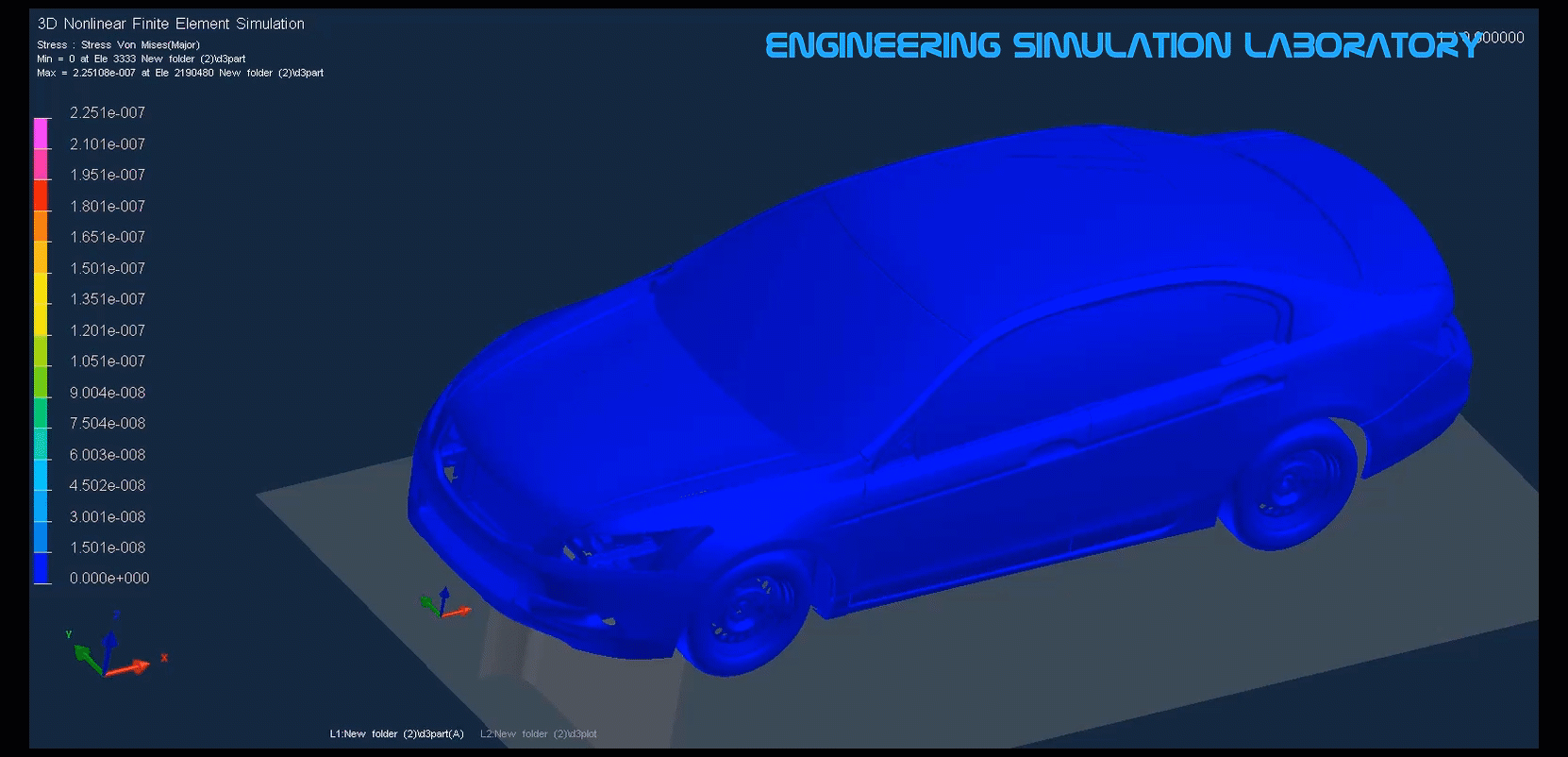Cours disponibles
Ce cours de base concerne les techniques de mesures électriques et physiques nécessaires à la
formation des ingénieurs en électricité.
II. Contenu
1- Généralités sur les techniques de mesures électriques et physiques. Notions de Métrologie.
(Définitions des grandeurs électriques, étalons, systèmes d'unité, équations aux dimensions).
2- Qualités de la mesure. Calcul d'erreur.
- Qualités d'un appareil de mesure (Sensibilité, justesse, fidélité, discrétion, robustesse, intelligibilité,
Résolution).
- Notions et calculs d'erreur (Erreur instrumentale, Erreur fortuite, Erreur systématique, Erreur pour
un appareil numérique, Notion de classe d'un appareil)
3- Appareils de mesures
- Appareils électromécaniques (Appareils magnétoélectriques, Appareils électrodynamiques,
Appareils ferromagnétiques, Appareils à induction, Appareils thermiques, Appareils électrostatiques).
- Appareils électroniques analogiques
- Étude de l`Oscilloscope (description, principe de fonctionnement, et mode d'utilisation)
4- Méthodes de mesures, (Méthodes à déviation, Méthodes de zéro, Méthodes de résonance).
5- Étalonnage des appareils de mesure
6- Techniques de mesures
- Mesures de tension et de courant
- Mesures de puissances et d'énergie.
- Mesures de résistances
- Mesures d’impédances
- Mesure des grandeurs magnétiques
7- TPs
- Mesures de résistance, d’impédances
- Mesure de puissances
- Galvanomètre à cadre mobile
- Fluxmètre
- Mesures de tension et de courant alternatifs et redressés.
- Oscilloscope
III. Bibliographie
[1]. Mesures Electriques.Tomes 1 et 2, P.Bréant.
[2]. Métrologie Générale, M.Bassiére, E.Gaignebet. Eléments de Mesures Electriques. H.Fontaine.
[3]. Mesures Electriques Appliquées. M. Abat, R. Chevaux, R.Roux.
[4]. Mesures Electriques et Electroniques Volumes 1 et 2. A.Fabre.
[5]. Mesures Electriques et Electroniques. Recueil d'exercices et de problèmes corrigés. A. Fabre.
[6]. Techniques de l'Ingénieur. "Mesures". Quillet. Mesures.
[7]. Histoire universelle de la mesure.
[8]. Data Converters. G.B.Clayton.
IV. Modalités de validation du cours
Interrogations, TPs, Devoirs maison, Mini-Projets, Test final.
Cette matière vise à préparer de futurs ingénieurs capables d’appréhender les principes généraux d’hygiène et sécurité industrielle plus particulièrement dans le domaine du Génie Electrique. On s’intéresse essentiellement aux aspects relatifs à l’environnement de travail, la gestion des risques et des nuisances, la prévention de la santé et de la sécurité au travail.
Toute activité humaine, quels que soient sa nature et le lieu où elle s'exerce, présente des dangers pour l'homme,
autrement dit, des atteintes possibles à sa santé et à l'intégrité de son corps.
Ces dangers qui se manifestent essentiellement sous la forme d'accidents corporels et de maladies de gravités
variées, sont appelés risques .
les risques industriels notamment majeurs sont de nature chimique et ont pour origine l'emploi de produits
chimiques et de matières dangereuses, alors que les risques professionnels peuvent être d'origine chimique, mais
aussi mécanique, électrique, biologique, thermique, etc.
This course is an introduction to the basic concepts of heat transfer phenomena. It aims to study the different modes of heat transfer: conduction, convection and radiation; with an emphasizing on the following practical considerations : (i) Conduction: one-dimensional and steady state, or transient state, 2-D and 3-D problems, (ii) Convection: forced, natural, internal and external convection, and (iii) Radiation : rate of thermal radiation exchange between surfaces. At the end of this course, the student should be able to master the basic notions of the three modes of heat transfer, model and solve common heat transfer problems, and perform the thermal analysis and the design of practical systems.
Methodology
• A lecture session (of 3 hours) once a week is scheduled. Examples will be made in class to allow students to properly assimilate the theory and physical concepts.
• A session (1 hour 30 min) of tutorials once a week is scheduled to do exercises and practical problems.
• Laboratory and/or numerical simulation sessions are scheduled, allowing practical learning of the theoretical concepts presented in class.
Part II : Mass Transfer

Passer catégories de cours



